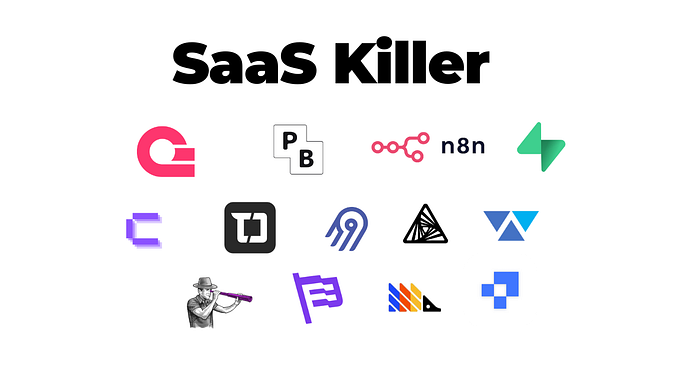Member-only story
Compute sha256 of CSP <script/> in NodeJS
Automatically generate the SHA-256 hash of the script tags for the Content Security Policy.
I have been using the same strategy to compute automatically SHA-256 hash for my <script /> tags since a couple of years and as I recently applied it again at work and in Papyrs (I am currently migrating the kit that generate the blogspaces from vanilla JavaScript to Astro), I thought it could be an interesting subject for a new short blog post.
Getting started
While sha256 can be set manually, I personally rather like to generate these automatically once the build script is over — as a post-processing job. This means that I rely on the fact that what is built is trustable and that I compute the values once the scripts have been generated.
To do so, I create a dedicated script — e.g. ./build-csp.mjs — that I append to my build script:
// package.json
{
"scripts": {
"build:csp": "node build-csp.mjs",
"build": "astro build && npm run build:csp"
}
}Search and update
As I aim to inject the shas at the end of the process, I add a placeholder within the Content Security Policy (CSP) to search and update the computed values. e.g. in following CSP meta tag I used the placeholder {{EXTRA_SHAS}}:
<meta
http-equiv="Content-Security-Policy"
content="default-src 'none';
script-src 'self' {{EXTRA_SHAS}};
/>Because such a placeholder is not a valid policy, the browser would throw an error while evaluating the rules. What can notably happen when I develop since I post process only the production build.
That is why I often just avoid the use of CSP for my local environment. e.g. in my Astro project I skip the rendering of the meta tag if not a PROD build.
---
const csp = import.meta.env.PROD;
---
{
csp && (
<meta
http-equiv="Content-Security-Policy"
content="default-src 'none';
script-src 'self' {{EXTRA_SHAS}};
/>
)
}







